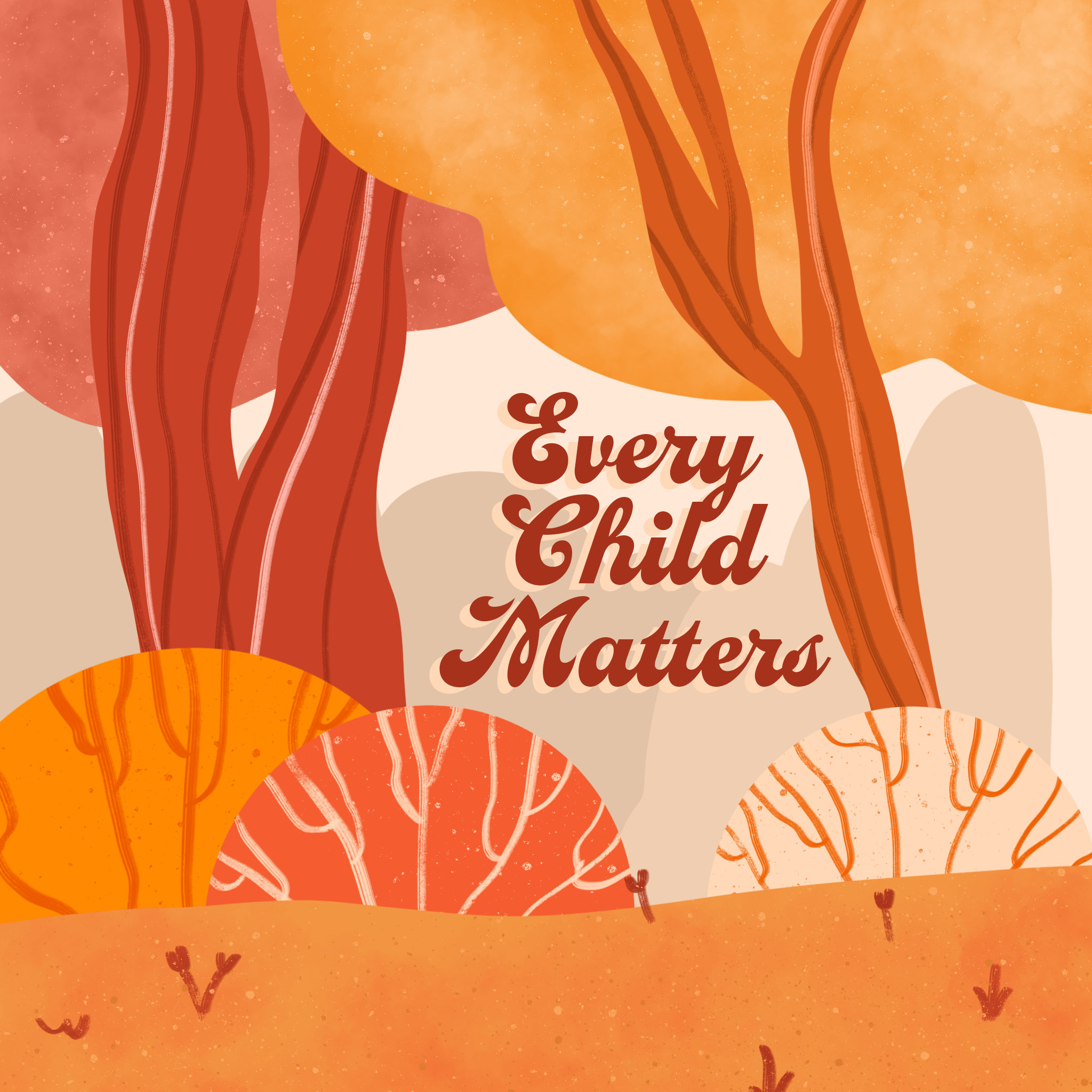
Why university shouldn’t have to be everyone’s first choice
By Jillian McMullen, Staff Writer
The back-to-school season has a way of totally altering everyday life as a whole. Bars that were filled to capacity just one week ago are now essentially empty. Beaches—where families and youth had flocked to for entire days—are deserted, save for the residents living adjacent to them. Television breaks are littered with promotional ads directed at college students for new laptops or cellphones. Even the bus routes change to accommodate the educational year. But for those not attending post-secondary, the day after Labour Day is exactly that: Just another day.
Rewind now to the spring. Every June, new high school graduates are asked what they plan on doing after what could be considered the “necessary part” of their education, the part society expects them to complete. Most—I would argue—answer with some synonym describing post-secondary education, be that college, university or “college then university.” This is because the last two to three years of high school are spent reinforcing the idea that to be a successful member of society, one must seek out classical education.
Take for example one of British Columbia’s graduation requirements, the completion of “graduation transitions” by Grade 12 students. This includes proof of prior community engagement and the development of both a health and a “career and life” plan. On one Vancouver district school website, the administration has laid out a post-secondary survey that students must complete which, at one point, asks whether their post-secondary plans are “taking a gap year, finding temporary employment, or attending a post-secondary school.” The question looks innocent at first, but the language it employs insidiously suggests post-secondary education is the only real option, with the other two being merely temporary gaps between high school and, eventually, university.
As I mentioned above, the completion of a university program is often used as a marker for success in our society; education is the first step to a high paying career. Initially, I—like many others—entered a program that would funnel me into a stable career at the completion of my undergrad. Like many others as well, I hated it and experienced a lot of disillusionment in my relationship with education. I spent four years worth of semesters enrolled in this program that I had committed to way back when I wrote my graduation transitions. By the time I inevitably switched out, I had wasted thousands of dollars on tuition and textbooks.
My university experience is not exceptional. In a Globe and Mail article published last year, it states that 20 per cent of students who enter university are cited as having quit permanently, with “20 to 50 per cent [of students] drop[ping] out of the program they had initially chosen.” Students know better than anyone how expensive school is, and most have only one opportunity to get their undergrad.
When you consider the cost, students should only enroll in post-secondary if they want to, not because they feel they ought to. We need to change the rhetoric of “university above all else” to one of “experience above all else” and begin valuing entrance into the work force and travelling as equally valid career paths that are neither gaps nor temporary.



